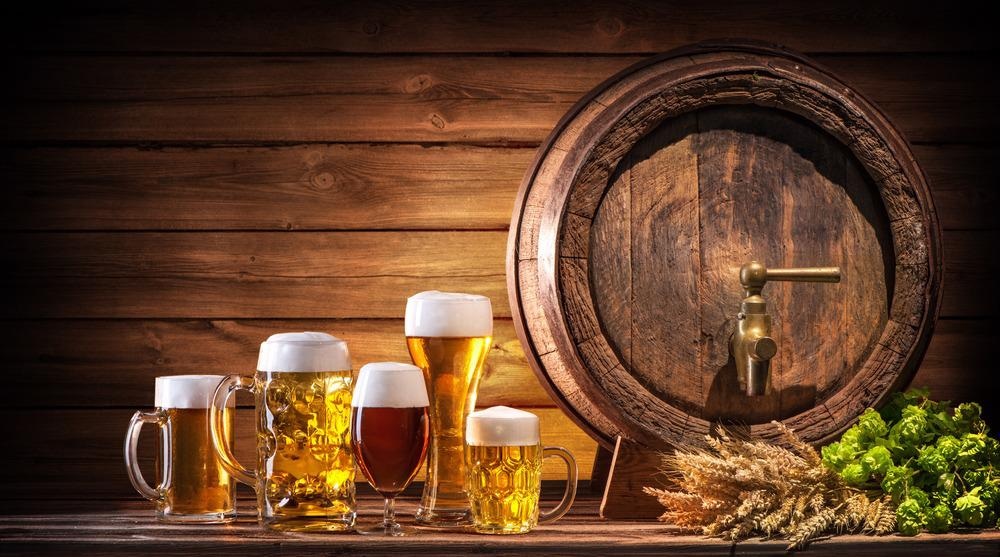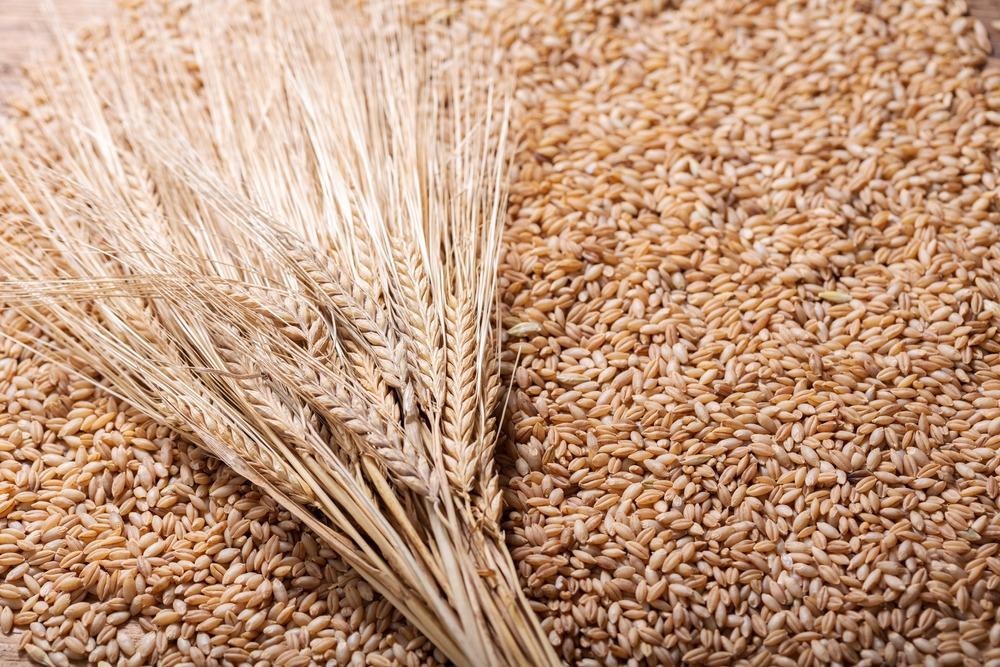Beer is the most popular alcoholic beverage in the world per volume, yet its availability, cost, and taste are changing due to global warming. In turn, this will affect overall the global consumption of beer and the stakeholders that depend on beer production, who now face an uncertain future due to climate change.

Image Credit: Alexander Raths/Shutterstock.com
How beer flavor is tied to the environment and how it will change
The first recipes to make beer date back nearly 5,000 years, and beer has continually changed since then. Changes in brewing style and ingredients have made beer an ever-evolving drink, and contemporary beer encompasses diverse crafts and tastes. However, some changes are beyond our control, particularly those related to the environment.
As a result of the increase in greenhouse gas emissions, global climate change and subsequent rise in temperatures lead to many changes that will affect the taste of beer. This is because ingredients to make beer, particularly hops and other components of beer, are changing due to warmer climates, worsened extreme climatic events, and an increased occurrence of pests and pathogens.
The flavor of beer originates from the plants and yeasts involved in making beer. Specifically, the taste is derived from the compounds in the grains used (particularly barley) and hop cones (grain starch) and the yeast that turns sugar into alcohol. Due to its popularity, food scientists have narrowed down the essential origins of beer taste to the alpha acids and essential oils from hops, which provide bitterness and flavor, respectively.
Alpha acids and essential oils in hops are directly related to gene activity and the surrounding environment, which are not mutually exclusive. Temperature, for instance, directly impacts enzymatic activity, which promotes specific genes depending on how favorable conditions are. In turn, this affects the diversity and abundance of compounds, which affects the drink's flavor.
In alcoholic beverages, this effect is referred to as changes in terroir. Terroir refers to the effects of the local environmental conditions on a plant's flavor, directly resulting from the soil, climate, weather, and pests the plants experience during their lifetime. Therefore, as the environment changes, so does the beer's flavor. However, this is not the only factor involved in the ongoing changes beer is experiencing.
Indeed, the terroir also affects other components of beer, including barley, oats, wheat, or rice. Specifically, starches, proteins, and lipids become imbalanced under warmer conditions as plants adjust their composition to suit the climate. However, this means that the quality of the malt extract will change, as beer with high proteins are less desirable but better for plant survival.
Other brewing environmental challenges that will affect the flavor of beer
Warmer temperatures also affect the quantity, quality, and diversity of beer's ingredients. Hop, barley, and wheat are the primary components of beer, and temperature also affects their availability. In turn, this affects the availability and cost of the beer itself.
A 2018 study by Xie et al. found that drought and heat stress in the future can result in losses of global barley yield by 3% to 17%. However, this effect is exacerbated on smaller spatial scales as regional production is expected to be impacted the most. Models used in the study expect nearly a 32% decline in Argentina and a 193% increase in beer cost in Ireland.
Therefore, climate-related weather extremes may threaten beer's availability and economic accessibility. This will have repercussions for stakeholders and consumers that will incur changes in livelihood as well as greater financial expenses.

Image Credit: Nitr/Shutterstock.com
The future of beer in an era of global climate change
Further concerns related to warmer temperatures also include the temporal patterns of beer production. Warmer daytime temperatures typically affect very young plants due to sensitive developing tissues. However, warmer nighttime temperatures affect juvenile plants the most, which depend on cooler nocturnal conditions to optimize development.
On a global scale, nighttime temperatures increase faster than daytime temperatures. As a result, crops, including barley, face intensifying thermal stress challenges, which may affect their survival. Further research into the small-scale dynamics of thermal stress will provide better information that can be used to predict susceptible areas and reduce the impacts of warming temperatures on crop yield.
In the face of growing challenges related to climate change, beer breweries and researchers are working to adapt to changing conditions. The Nature Conservancy has partnered with Anheuser-Busch InBev brewers to protect sources of water quality. In contrast, other projects target the development of pest-resistant hops or drought-resistant barley. Breweries have also focused on reducing their greenhouse gas emissions by using recycled bottles, reducing water and energy consumption, and lowering pesticide usage.
Nonetheless, the future of beer remains uncertain. A beer called "Torched Earth", made from smoke-tainted water, dandelions and drought-tolerant grains, was made to represent what the future could be like, and it tastes bleak. Therefore, the challenges of beer production in the era of climate change are of particular concern for consumers and stakeholders, and these challenges remain to be addressed.
Sources:
- Brewing Solutions. (2020, March 11). Climate Matters. https://medialibrary.climatecentral.org/resources/brewing-solutions-2020
- Dalton, R. (2008). Climate troubles brewing for beer makers. Nature. https://doi.org/10.1038/news.2008.799
- Shipman, M. (2020). Climate Change Will Make Beer Taste Different (Yes, Really). NC State News. https://news.ncsu.edu/2020/08/climate-change-is-changing-beer/#:%7E:text=A%202018%20report%20in%20Nature,of%20beer%20will%20change%20too.
- Xie, W., Xiong, W., Pan, J., Ali, T., Cui, Q., Guan, D., Meng, J., Mueller, N. D., Lin, E., & Davis, S. J. (2018). Decreases in global beer supply due to extreme drought and heat. Nature Plants, 4(11), 964–973. https://doi.org/10.1038/s41477-018-0263-1
Further Reading
Last Updated: May 16, 2022